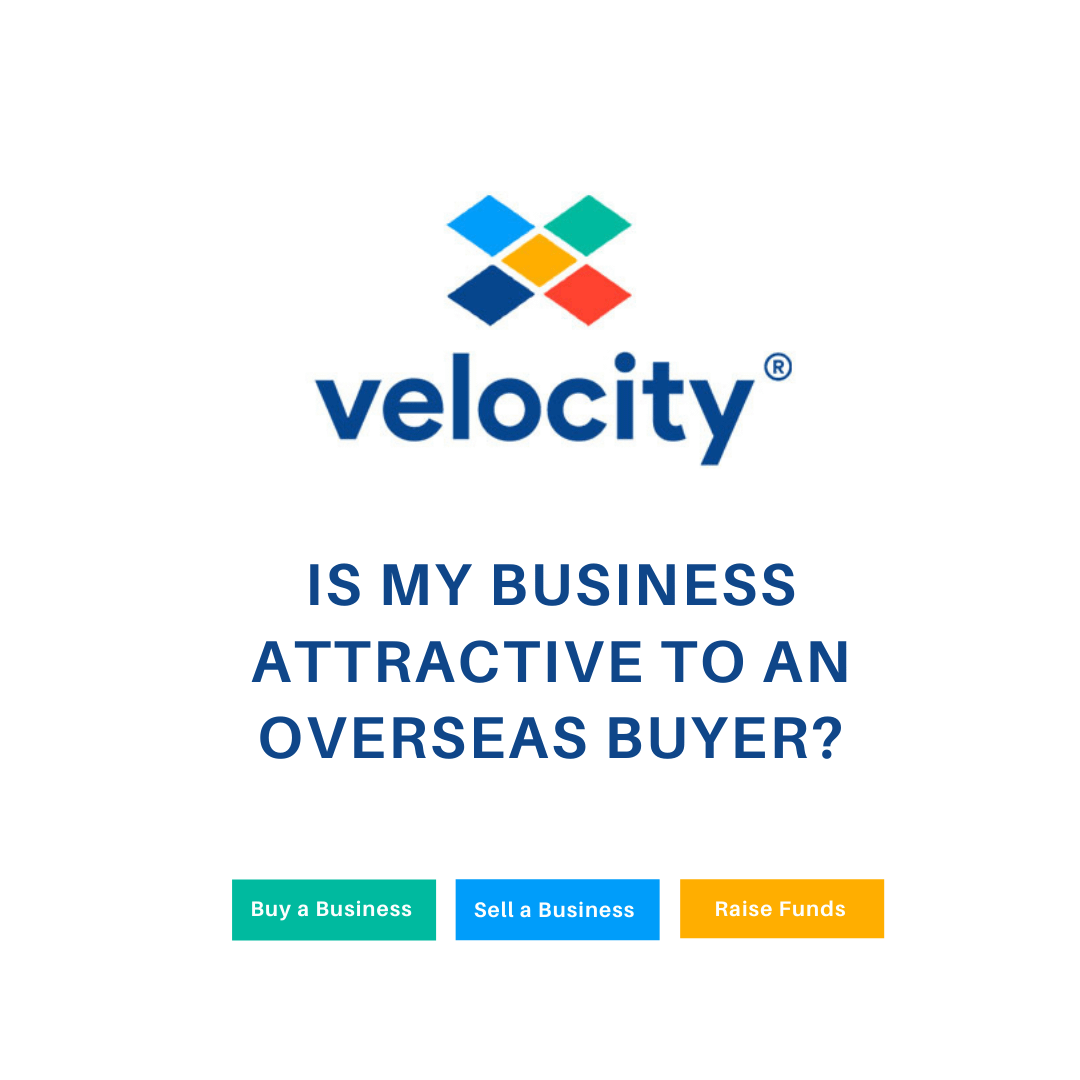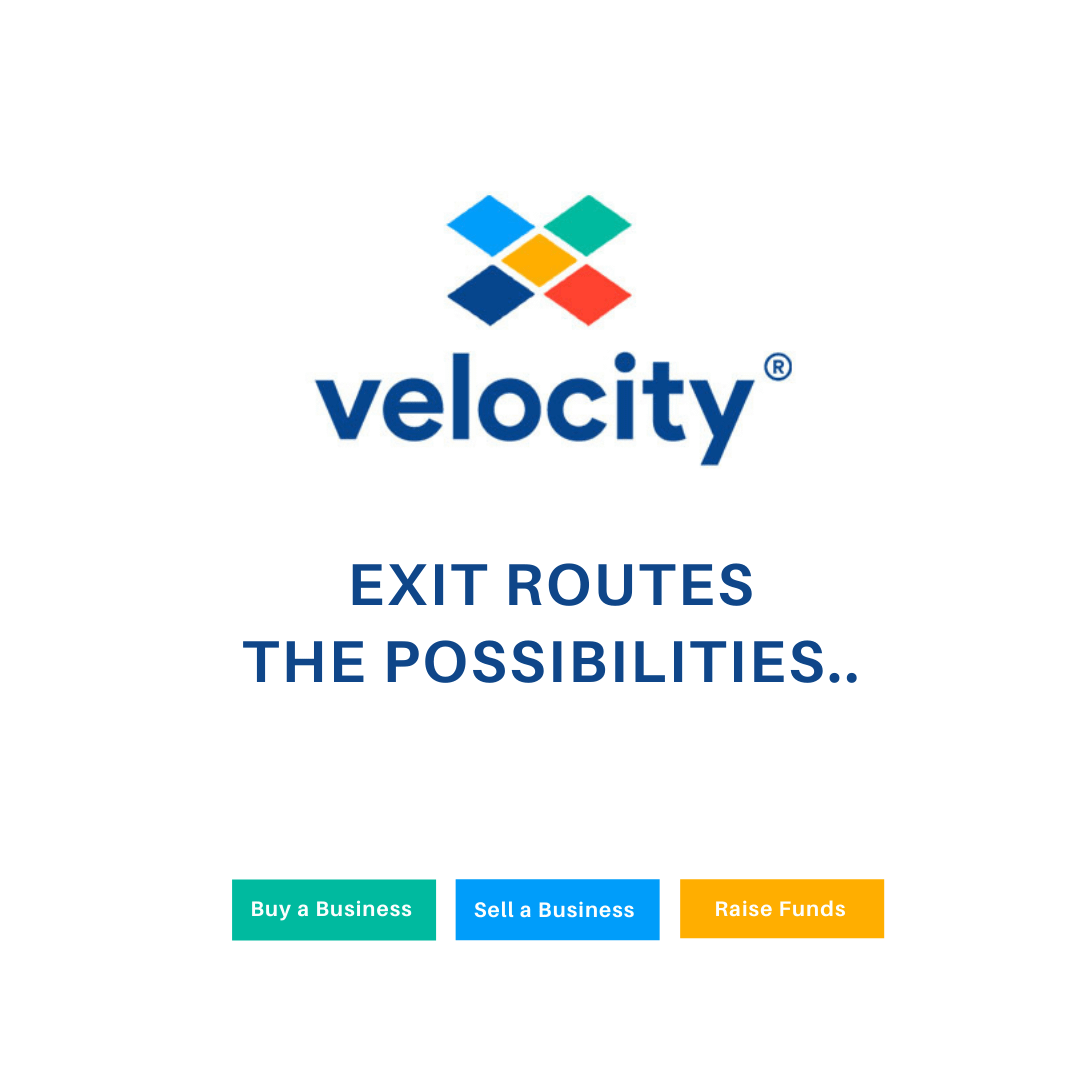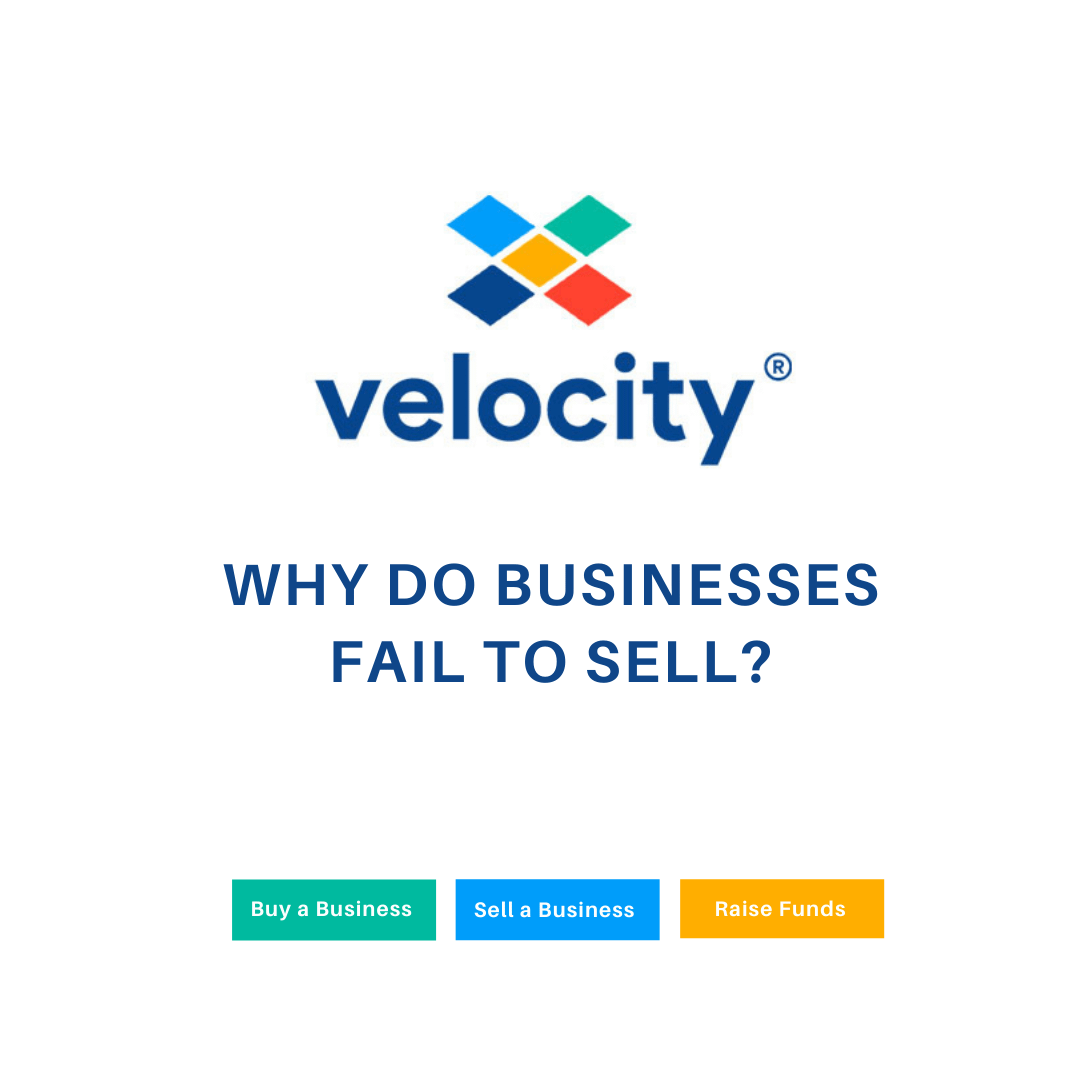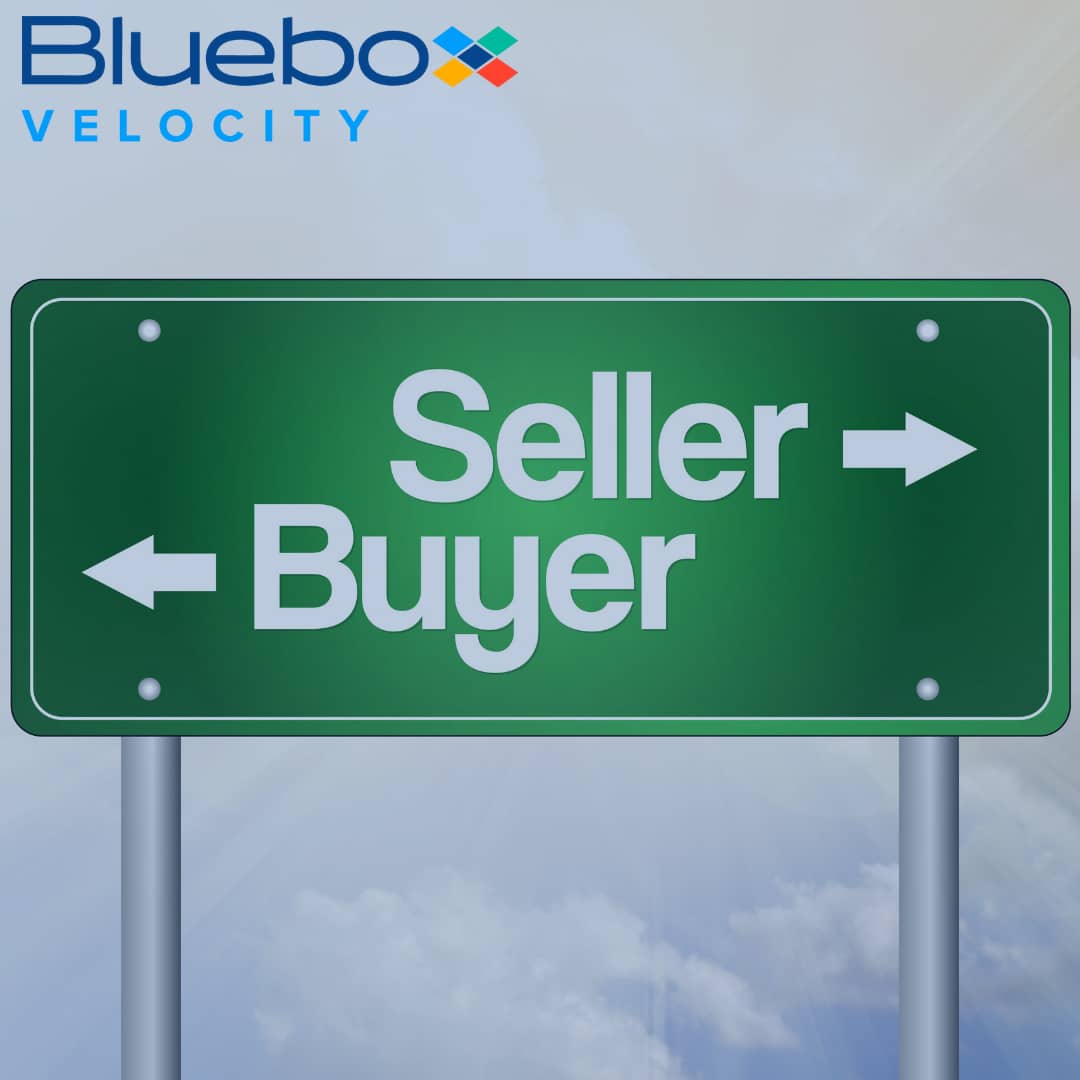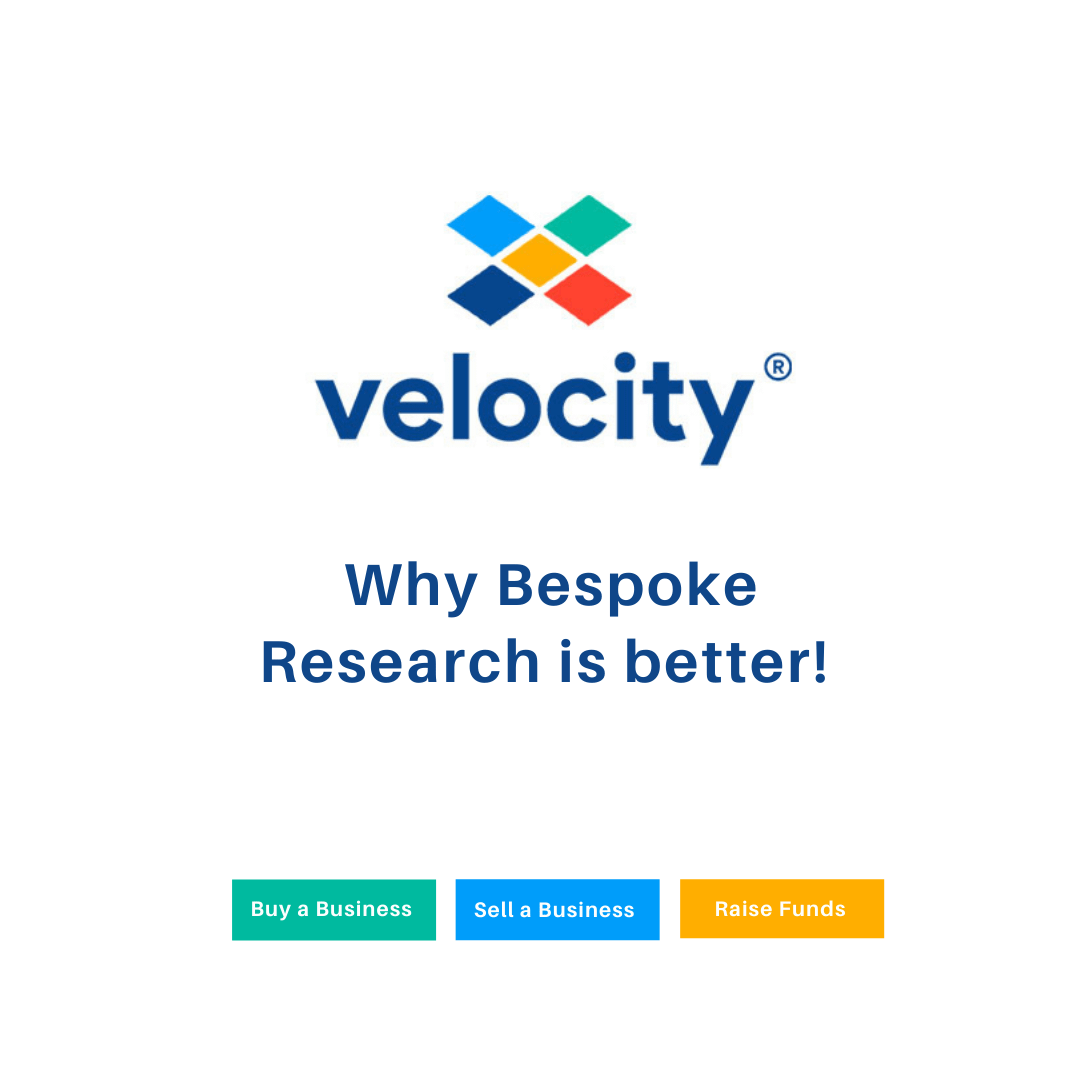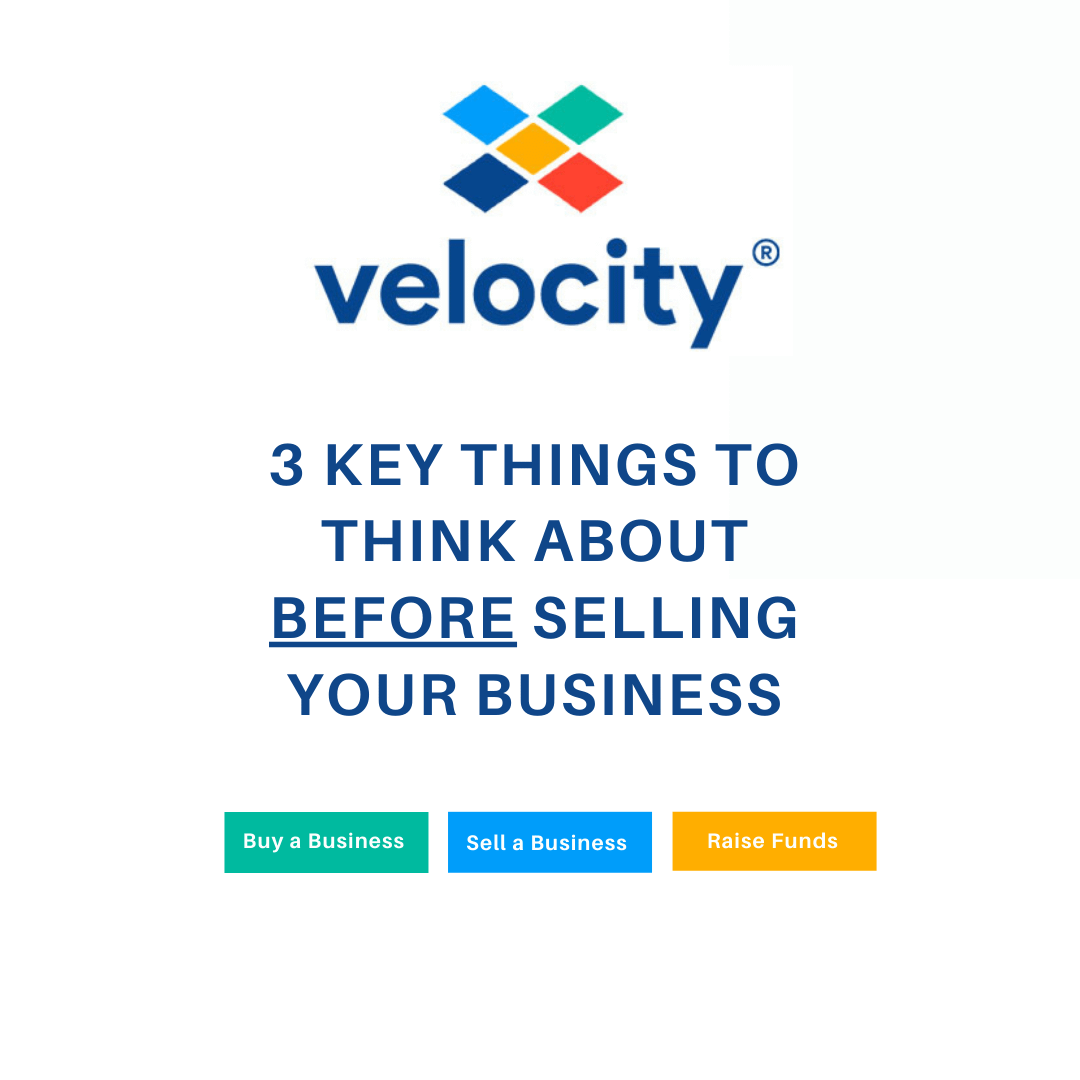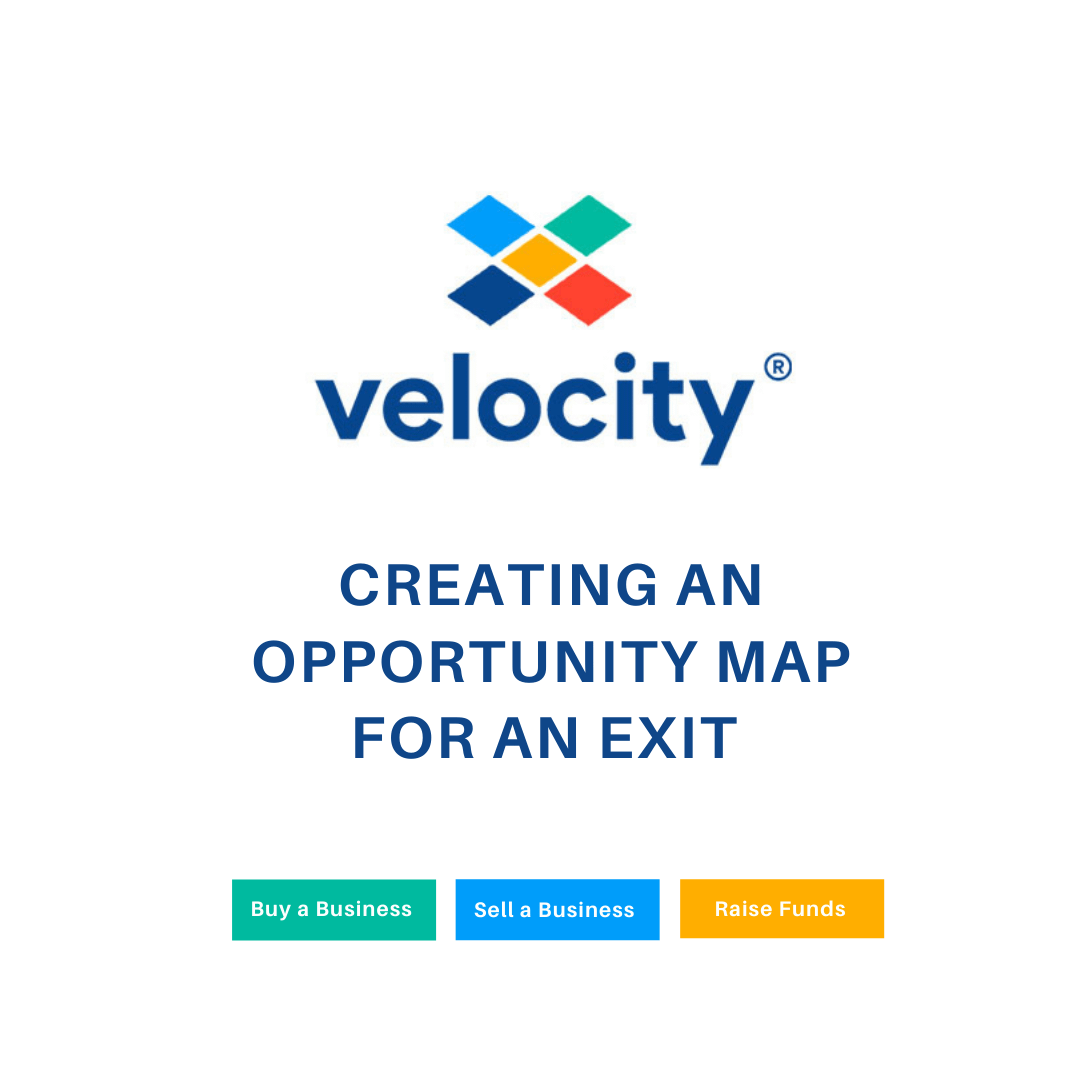Is my business attractive to an overseas buyer?
Many UK businesses that are sold these days are bought by overseas buyers. Typically, this is not because of an express desire by sellers sell to an overseas buyer, but rather a result of the overseas buyer community simply ‘paying the best price’. The strategic premium achieved from an overseas buyer can be significant and therefore you should do all you can to ensure that such buyers are included in the ‘mix’ when the time does arise.
To maximise your chances of selling to an overseas buyer, you should focus, to begin with, on the following 4 things:
- Overseas buyers will typically only focus on UK businesses once you reach a certain size threshold. Less than £3m in turnover and it is unlikely that the interest that you or your adviser will generate will be sufficiently attractive;
- Management Team.
Ensuring you have a strong management team that is independent, where possible, of you is key. Unlike a buyer from the UK, an overseas buyer will often require your UK team to be of sufficient quality to manage, without their input, what will represent their ‘domestic business’. Absent this, you may find overseas buyers walk away because there is no management solution.
- Appetite for your product service overseas.
Being able to demonstrate an appetite for your product or service in a territory from where buyers may herald (whether that be USA, Europe, Asia, or the Middle East) will significantly improve your attractiveness to an overseas. Buyers can be encouraged to pay for the ‘sale synergies’ that can be seem (ways in which they can sell your products or services to their existing customer base).
- Overseas PR.
The first thing a buyer will do when they hear about your business is ‘Google’ you. If you are ‘picked up’ in an overseas territory as having been cited in the press or through trade show press, it will provide an overseas buyer with the comfort that you may be a business of substance.
By following these initial steps, you and your business will be far better positioned to approach, and obtain interest from, the overseas buyer community. The key thereafter will be identifying these potential buyers, particularly if you are unfamiliar with the territories in which they operate. If you are so fortunate in finding them, however, you may discover that the price they pay is well more than that which would be mooted your domestic competitors or any others.
At Velocity, we pride ourselves on our bespoke research capabilities. Not only do we have an excellent track record of identifying overseas buyers, but we have received outstanding feedback at the level of responses we receive from them too.
To find out more about how we can help you, speak to us confidentially on 0203 924 51510 or email us at info@blueboxvelocity.com.
Exit Routes – The Possibilities
Welcome to Velocity’s third blog in our “Selling your business” series. This blog explores the different types of exit routes there are available to you and your business.
When it comes to selling your business, there are several exit routes you can take. Below is a summary of some of the more common types of transaction you may wish to consider.
Trade Sale
If your business represents a good strategic fit with a buyer’s existing operations, a trade sale could enable you to fully exit from your business. It is also often the case that buyers are willing to pay a premium for synergies they can unlock through the acquisition.
Management Buyout (MBO)
An MBO enables the existing management team to purchase the business from the shareholders, who will then drive the business forward. More than often, the management team looking to complete the buyout will need external investment to finance the deal, which is usually obtained through private equity funding or debt providers.
Partial Sale & Growth Investment
Selling a partial stake in your business can allow you to de-risk and realise some value today, while remaining involved and in control of day-to-day operations. Sometimes these deals also involve growth investment. It is important to note that any investor will be seeking a return on their investment, so will want to ensure that any cash sums received by you today are not significant enough to not distract you from achieving future growth and an ultimate exit down the line.
Initial Public Offering (IPO)
An IPO is the process of realizing value from listing the shares in your business on the stock market. This is a costly process; however, it can be hugely rewarding for some businesses.
The best exit route for you and your business will ultimately depend on the objectives of you and your shareholders (as explored on our first blog in this series). These will also help to shape to the types of buyers you speak with, of which certain exit routes will and won’t apply to.
If you are thinking about selling your business and would like a call to discuss how Velocity can help, please call us on 0203 924 5150, or email us at info@blueboxvelocity.com
Our next blog will explore the differences between a sale of shares and a sale of assets. Stay tuned!
Why do Businesses Fail to Sell?
Most businesses that get taken to market to sell fail to do so. According to a recent survey by Bluebox (an award-winning corporate finance firm), this figure is almost 90%!
The obvious questions to therefore ask yourself in advance of selling your business is “why are so many of these businesses unsuccessful?” and “what can I do in advance of an exit to maximise my chances of a positive outcome?”.
Sale processes can collapse for a variety of different reasons – many of which are in your control. Some of the most common reasons for failure are as follows:
- Starting a sale process with unrealistic pricing expectations
- Conflicts arising because of misaligned management and shareholders
- Trading issues during a sale process
- Low confidence in trading results due to a lack of systems
- Issues arising in due diligence
- Lack of an experienced advisor to assist with the exercise
To protect yourself and your business against falling victim to a failed sale process as a result of one of the reasons above, or any other, it is recommended that you tackle any issues that may arise during a sale process in advance. That may sound obvious, but you would think the 90% statistic above would be much lower if this advice were adhered to!
Here at Velocity, we have designed numerous packages and products to support you on your exit journey. We also offer a monthly support package, which gives you access to our skilled team of corporate finance professionals who can provide advice as and when needed.
To find out more about how we can help you, speak to us confidentially on 0203 924 51510 or email us at info@blueboxvelocity.com.
The Pros and Cons of Different Types of Buyers
The Pros and Cons of Different Types of Buyers
We explore two different types of buyers - “Strategic buyers” and “Financial buyers”, and which type of buyer is right for you and your business.
Strategic buyers
Strategic buyers are organisations that are looking to expand their operations vertically (up or down the supply chain), horizontally (into new territories or product categories), or increase their market share (i.e. buying a direct competitor). Their main objective is to buy a business, which can help to improve their own through synergistic benefits or addressing weaknesses.
Strategic buyers will often pay more for a company than a financial one. This is because they are paying for these synergistic benefits, in addition to what the business is delivering today. They are also more likely to pay a premium if there is sufficient competitive tension in the process, so that the target does not get into the hands of the competition!
Strategic buyers are less likely to want to retain all the key personnel in the company as they will be able to make cost savings through eliminating duplicate roles, and so often these types of buyers are good option if you are looking to exit in the short term with the primary objective of achieving the highest possible price.
Financial buyers
Financial buyers are interested in making investments with a view to realising a future return. By and large, most financial buyers will have an investment horizon in the region of three to seven years and will look for businesses that either display characteristics such as strong cash generation, capable management teams and growth potential.
As financial buyers are seeking to make a return on their investment, they will focus heavily on the cash flows of the business and the future exit opportunities (i.e. a future sale or an IPO). Although they might well identify future opportunities for growth, they are less likely to pay for this potential as this will be considered upside to them.
Unlike strategic buyers, financial buyers are much more likely to demand that key personnel in the business remain in place; they will be needed to drive the growth of the business during the term of investment. Therefore, if you are looking to take some cash of the table but have ‘gas left in the tank’ for a few more years, a financial buyer may be better suited to you than a strategic one.
What type of buyer is ‘right’ for me?
The ‘right’ buyer for your business will depend on your objectives for the exercise (check out the first blog in our series for more about this). Whilst on paper, both types of buyer are profoundly different, in some cases they may behave differently to what you would typically expect e.g. a financial buyer which already owns a company similar to yours may act more like a strategic buyer if they are exploring bolt-on opportunities.
It is therefore not always a case of identifying the ‘right type of buyer’, but rather the ‘right buyer’, which is why we heavily recommend bespoke research to identify the very best buyers for your business.
If you are thinking about selling your business and would like a call to discuss how Velocity can help, please call us on 0203 924 5150, or email us at info@blueboxvelocity.com.
For our full guide to selling your business, click here.
Why Bespoke Research is Better!
Bespoke research is the only way to identify the very best buyers for your business.
When it comes to selling your business, it is critical that you explore who to approach, and then, how to approach them. At one end of the spectrum, there are many websites where you can list your business “for sale”, much like a Rightmove or Zoopla when looking to sell your house. Alternatively, you can undertake an in-depth research exercise to identify a list of buyers to approach that fit a specific set of criteria and contact them on a one to one basis.
The advantages of the latter far outweigh the ‘Rightmove approach’. Why? Because if you are able to pinpoint the right criteria from the very start, the buyers you contact are more likely to have a genuine strategic interest in your business (which will only go to help drive value), and you won’t be waiting around, hoping for them to find you! It is all about putting the right quality into the top of your ‘sales’ funnel and without that, your chances of success are far lower.
In addition, by identifying your list of buyers, you can control the narrative when they are contacted. This is very different to them approaching you, knowing you are for sale, as already they are in a stronger position for negotiation.
There is, of course, no harm in promoting your business online, but we would always recommend this is supplemented with bespoke research to give you the best chance of finding the best buyer for you and your business.
At Velocity, we use some of the most extensive databases in the market to find our customers the potential buyers that we feel align best to your business. Critically also, we have an excellent track record of identifying the right person in these organisations to contact (which is much easier said than done!). What does this mean? Well, not only are we getting results in terms of higher-than-average response rates, but we have obtained outstanding feedback so far from customers with interest from our buyers!
If you are interested in having a 10 minute confidential chat, please email info@blueboxvelocity.com and one of our team will promptly get in touch.
'Sell Your Business' series '3 key things to think about
Welcome to Velocity’s first blog in our “Selling your business” series. This blog explores 3 key things to thing about before embarking on selling your business.
Our next blog will delve into the different types of buyers you might approach, and their respective pros and cons.
1. What are my objectives?
Misalignment of objectives between shareholders is a key reason many sale processes fail. You (and your other shareholders) must consider what you are looking to achieve from the exercise before getting started.
Setting objectives involves more than simply agreeing on what value you are happy selling your business for. When are you looking to sell? What percentage stake are you looking to sell? Are you looking to have an ongoing role? If so, for how long? Is there anyone in the business that should be looked after? These are only a few of the financial and non-financial questions you should ask yourself.
It is critical you fully identify your objectives at the outset of an exercise as these will ultimately shape your exit route and the types of buyers you speak to.
2. Do I need to obtain any third party consents?
Third party consents may be required before a transaction can complete. You should avoid getting into a position where completion of a deal is reliant on these, so it is recommended these are considered before you start the process. In some cases, it may be preferable to wait until a buyer is on the table if certain relationships where approval is required to be sought (e.g. with a customer or supplier) are commercially sensitive.
3. What are my exit routes?
There are several exit routes you can take. Some of the more common types of transaction are set out below:
Trade Sale
If your business represents a good strategic fit with a buyer’s existing operations, a trade sale could enable you to fully exit from your business. It is also often the case that buyers are willing to pay a premium for synergies they can unlock through the acquisition.
Management Buyout (MBO)
MBOs are a route, which enable the growth of your business to continue under an existing management team. More than often, the management team looking to complete the buyout will need external investment to finance the deal, which is usually obtained through private equity funding or debt providers.
Partial Sale & Growth Investment
Selling a partial stake in your business can allow you to de-risk and realise some value today, while remaining involved and in control of day-to-day operations. Sometimes these deals involve growth investment also. It is important to note that any investor be seeking a return on their investment, so will want to ensure that any cash sums received by you today are not significant enough to not distract you from achieving future growth and an ultimate exit down the line.
Initial Public Offering (IPO)
An IPO is the process of realizing value from listing the shares in your business on the stock market. This is a costly process; however, it can be hugely rewarding for some businesses.
Let us know if you are thinking of selling your business and we’d be delighted to have a call to discuss how we can help through our different products and packages.
Creating an opportunity map for exit
The fact that a staggering 80% of company sale processes collapse before they reach legal completion (according to a recent study by Harvard, which is further supported by independent Bluebox surveys), provides evidence that advisers are getting something wrong when trying to sell businesses.
A lack of focused planning means many sales processes are doomed for failure even before they start. The financial and emotional costs, resulting from an aborted sale process, can be significant, so everything possible should be done beforehand to maximize the chances of a successful sale.
However, as well as mitigating the risks of a collapsed sale process by addressing (well in advance) the matters that will inevitably attract the attention of some due diligence, there are a number of things that business owners can do to actually increase the price at which they will be able to ‘sell up’.
Enhancing the value of a business is not only about boosting profitability in your actual year of sale, far from it in fact! In my teams’ experience of selling more than 110 private businesses over the past decade, we firmly believe that buyers will almost always attribute value to a wide range of other factors above and beyond profitability such as; the visibility of future earnings, the breadth and stability of your customer base, the strength of your management team, and also, critically, the size and credibility of your opportunity map.
We advise almost all our clients, who are contemplating a sale of their business within the next 36 months, to consider at length the way in which they will present their “opportunity map” to buyers i.e. what does the next 36 months look like AFTER a sale. After all, it is the future that an acquirer is buying, and that which incoming investors will be interested in.
Creating an opportunity map, however, is not just about putting down on paper a list of the great ideas that you have had for developing your business under someone else’s ownership. Key, is the way in which it can be presented to be credible. Credibility is vital and presenting growth opportunities that are ‘unproven’ (and no more than just high-level strategic thinking) may do more harm than good.
Start thinking about how you will depict your opportunity map well ahead of a sale and do ensure the opportunities you are presenting are reliable and ‘tested’, at least to some degree, in advance of going to market. In doing so, your opportunity map will stand the test of credibility and the price you achieve on your sale will be far greater as a result.
If you are thinking of selling your business and we’d be delighted to have a call to discuss how we can help through our different products and packages.

